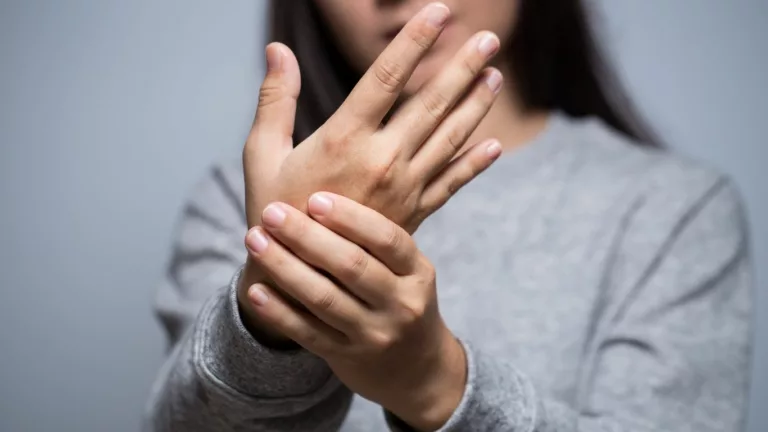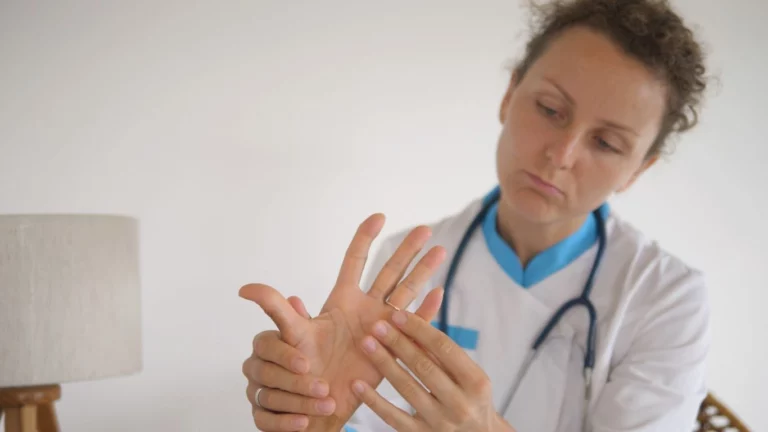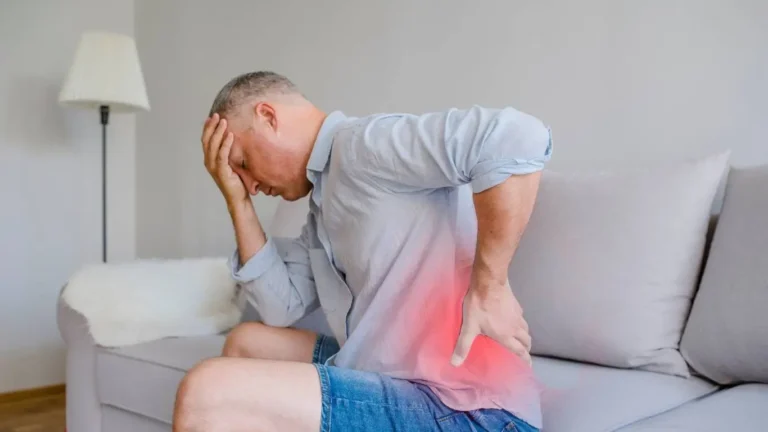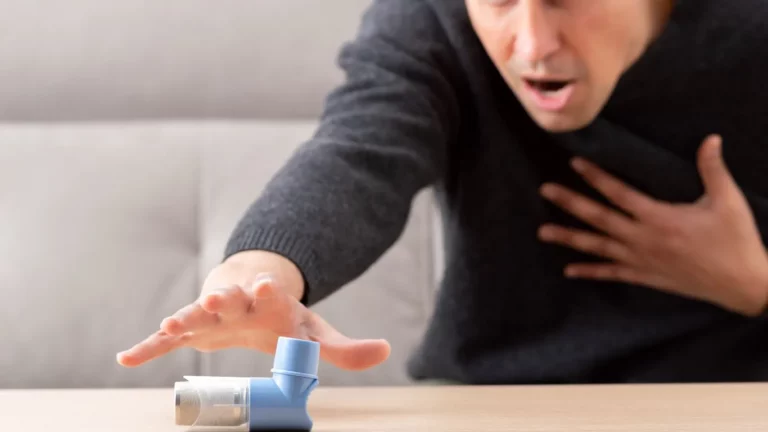The Role of Seeds in a Hypertension Diet 🌱: A Natural Approach to Lowering Blood Pressure
Hey there! So, high blood pressure (hypertension) is something a lot of people deal with these days, and while meds are important, diet is a big player too. You might be surprised, but seeds are one of those underrated foods that can do wonders for your blood pressure. Yeah, those little guys—flaxseeds, chia seeds, pumpkin seeds—are all powerhouses packed with nutrients that help keep your heart happy. Let’s dive into why seeds are your new best friend when it comes to managing hypertension.
Why Seeds Are a Big Deal for Your Blood Pressure 🌿
You might be thinking, “Seeds? Seriously?” But hear me out. These tiny things are like the hidden gems of the food world. They’re full of stuff your body loves, like fiber, healthy fats, and vitamins. Trust me, they pack way more punch than you’d expect!
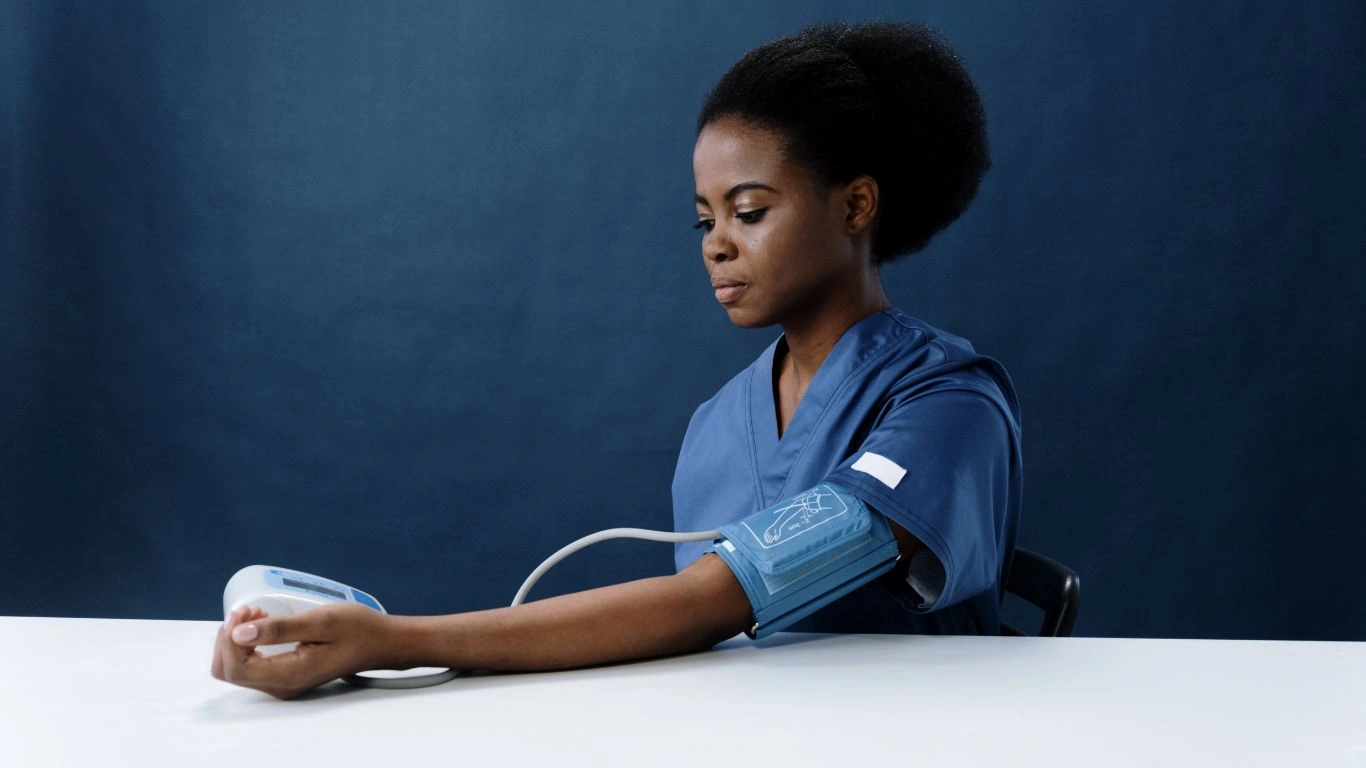
What’s So Great About Seeds? 💪
Here’s the thing: seeds are loaded with heart-healthy nutrients. I mean, they’re small, but they punch way above their weight:
- Magnesium: Super important for keeping your blood pressure in check. You’ll find tons of magnesium in seeds like pumpkin and sunflower.
- Omega-3s: These are the good fats that can help lower inflammation and reduce blood pressure. Flaxseeds and chia seeds are the big winners here.
- Fiber: Helps lower cholesterol, which is another win for your heart health. If you’ve ever had chia pudding, you know it’s like a fiber bomb.
- Antioxidants: They fight oxidative stress, which is like cleaning up the mess in your body that can mess with your blood pressure.
How Seeds Actually Help with Blood Pressure
Okay, so now you know that seeds are packed with good stuff, but how exactly do they help with hypertension? Well, here’s the rundown:
- They keep your blood vessels healthy: Omega-3s and antioxidants in seeds help your blood vessels stay flexible and chill. When your blood vessels are relaxed and not stiff, your heart doesn’t have to work so hard, and that lowers your blood pressure.
- They reduce inflammation: Chronic inflammation can mess with your blood pressure, but the anti-inflammatory compounds in seeds help combat that.
- They balance your hormones: Seeds like flaxseeds are packed with lignans (a type of plant compound), which can help with hormone balance, further supporting heart health.
Common Seed Struggles (And How to Fix ‘Em) 🌱
So, you’re sold on seeds, right? But before you go tossing them into everything, let’s talk about some common issues people face when adding them to their diet, and how to avoid them.
1. Feeling Bloated or Gassy
Look, I get it. Seeds are packed with fiber, and if you’re not used to that much fiber, your stomach might not be thrilled. The solution? Start slow! Add a small amount at first, and let your digestive system get used to it. If you want to avoid the bloating, soaking seeds like chia or flax before eating them helps a ton.
2. Allergies to Seeds
Not everyone can tolerate seeds like sunflower or pumpkin, especially if you have food allergies. Always introduce one type of seed at a time and pay attention to how your body reacts. If you notice any itching, swelling, or discomfort, it’s best to skip that seed.
3. Too Many Calories
Seeds are nutrient-packed, which is awesome, but they’re also high in calories. If you’re keeping an eye on your weight, go easy on them. A small handful (around 1 ounce) is usually enough to reap the benefits without going overboard.
Real-Life Success Stories: Seeds to the Rescue 📊
Alright, enough with the science and tips. Let’s talk about some real-life examples of people who have used seeds to lower their blood pressure.
John’s Flaxseed Fix 🌾
So, there’s John. He’s 58, and like a lot of us, he had some health issues—high blood pressure being one of them. He started adding flaxseeds to his smoothies, just a tablespoon a day. After a few months, his blood pressure dropped by 10 points! He swears it’s the omega-3s in the flaxseeds that helped his blood flow better. That’s a solid win in my book.
Sarah’s Pumpkin Seed Journey 🎃
Then there’s Sarah, a 45-year-old who had been dealing with high blood pressure for years. She tried meds, but they weren’t cutting it. So, she decided to start eating pumpkin seeds every day. She noticed a change pretty quickly—after about a month, her magnesium levels were up, and her blood pressure dropped. Even her doctor was impressed! Talk about a success story.
Key Takeaways: Here’s the Bottom Line 📝
If you’re dealing with high blood pressure, seeds can be a game-changer. Flaxseeds, chia seeds, pumpkin seeds, and sunflower seeds are all loaded with nutrients that help regulate blood pressure, improve blood vessel health, reduce inflammation, and keep your heart in check.
Just a heads-up: start slow, especially if you’re not used to eating a lot of fiber. And remember, seeds are calorie-dense, so moderation is key.
FAQs ❓
1. Can I eat seeds if I’m on blood pressure medication?
Totally! Seeds are natural and safe for most people, even if you’re on meds. But it’s always a good idea to check with your doctor just to be sure.
2. How do I eat seeds?
You can sprinkle them on salads, blend them into smoothies, mix them into oatmeal, or even just snack on them. They’re super versatile!
3. Which seeds are best for lowering blood pressure?
Flaxseeds and chia seeds are top picks because they’re high in omega-3 fatty acids and antioxidants, but honestly, any of them are good. Variety is key!
References 📚
- Healthline – How Seeds Can Help Your Blood Pressure
- American Heart Association – Hypertension and Diet
- Mayo Clinic – Best Foods for Lowering Blood Pressure
Disclaimer 🚨
Just so you know, this article is for informational purposes only. It’s not a substitute for professional medical advice. Always talk to your healthcare provider before making any big diet changes, especially if you’re on medication or have a health condition.
Call to Action 📲
So, what do you think? Ready to give seeds a try? They’re easy to add to your daily routine, and they could really make a difference in your blood pressure. Share this with someone who could use a little heart health boost, and let’s spread the word on these tiny-but-mighty seeds!

Dr. Gwenna Aazee is a board-certified Internal Medicine Physician with a special focus on hypertension management, chronic disease prevention, and patient education. With years of experience in both clinical practice and medical writing, she’s passionate about turning evidence-based medicine into accessible, actionable advice. Through her work at Healthusias.com, Dr. Aazee empowers readers to take charge of their health with confidence and clarity. Off the clock, she enjoys deep dives into nutrition research, long walks with her rescue pup, and simplifying medical jargon one article at a time.



